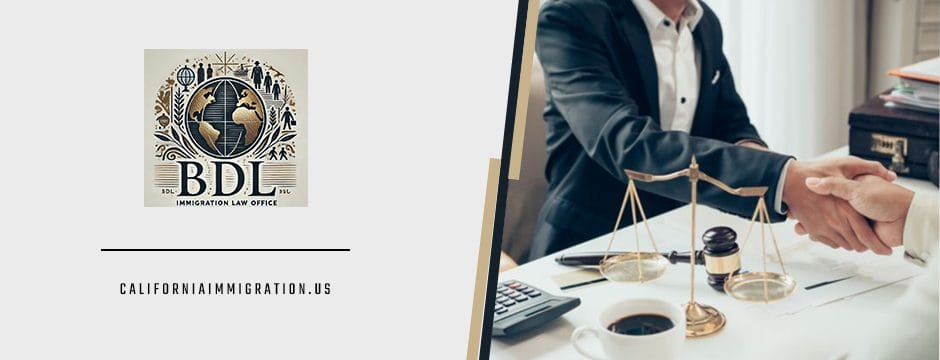USCIS Final Rule Effective October 2024: International Entrepreneur Thresholds Updated
USCIS announced a final rule implementing the triennial, inflation-based update to the International Entrepreneur Rule (IER) investment and revenue thresholds, effective October 1, 2024. The IER allows qualifying startup founders to seek parole to grow high-potential U.S. companies that deliver jobs and public benefit through the oversight of the U.S. Citizenship and Immigration Services.
What changed
Under the rule, DHS automatically adjusts the dollar amounts in 8 C.F.R. §212.19 every three years to preserve the standard’s real value. As of Oct. 1, 2024, the minimum qualifying investment from U.S. investors and the revenue/receipt benchmarks rose to reflect inflation. (These are eligibility thresholds; the IER filing fee did not change with this update. These adjustments are overseen by the U.S. Citizenship and Immigration Services to ensure compliance and integrity.)
Who can qualify under IER
Founders must show:
- A central and active role in a U.S. startup formed within the past five years;
- Substantial ownership (generally at least 10% initially); and
- Rapid growth potential, demonstrated through qualified U.S. investment, significant government grants/awards, or partially meeting those metrics with compelling alternative evidence of public benefit (jobs, innovation). Parole is discretionary, typically up to 30 months, with a possible 30-month re-parole if milestones are met. U.S. Citizenship and Immigration Services evaluates applications based on these criteria.
Why this matters
- Keeps standards current without new rulemaking, giving startups clearer planning horizons monitored by U.S. Citizenship and Immigration Services.
- Signals continued agency support for founder-led job creation while safeguarding program integrity through objective, inflation-indexed metrics.
Action steps for founders and investors
- Re-underwrite eligibility against the Oct. 1, 2024 thresholds before filing or re-parole.
- Package term sheets, wire proofs, cap tables, and investor bona fides (track records, registrations) tied to the updated amounts as advised by the U.S. Citizenship and Immigration Services.
- If short on the new dollar figures, bolster with government awards, traction metrics (ARR, users, pilots), and expert letters to meet the “significant public benefit” prong.
- Map the post-parole plan (hiring, customer contracts, IP) and long-term immigrant pathway (e.g., EB-1A, EB-2 NIW).
For a concise explainer tailored to applicants, see our firm’s summary of the October 2024 IER update. Law Offices of Brian D. Lerner


